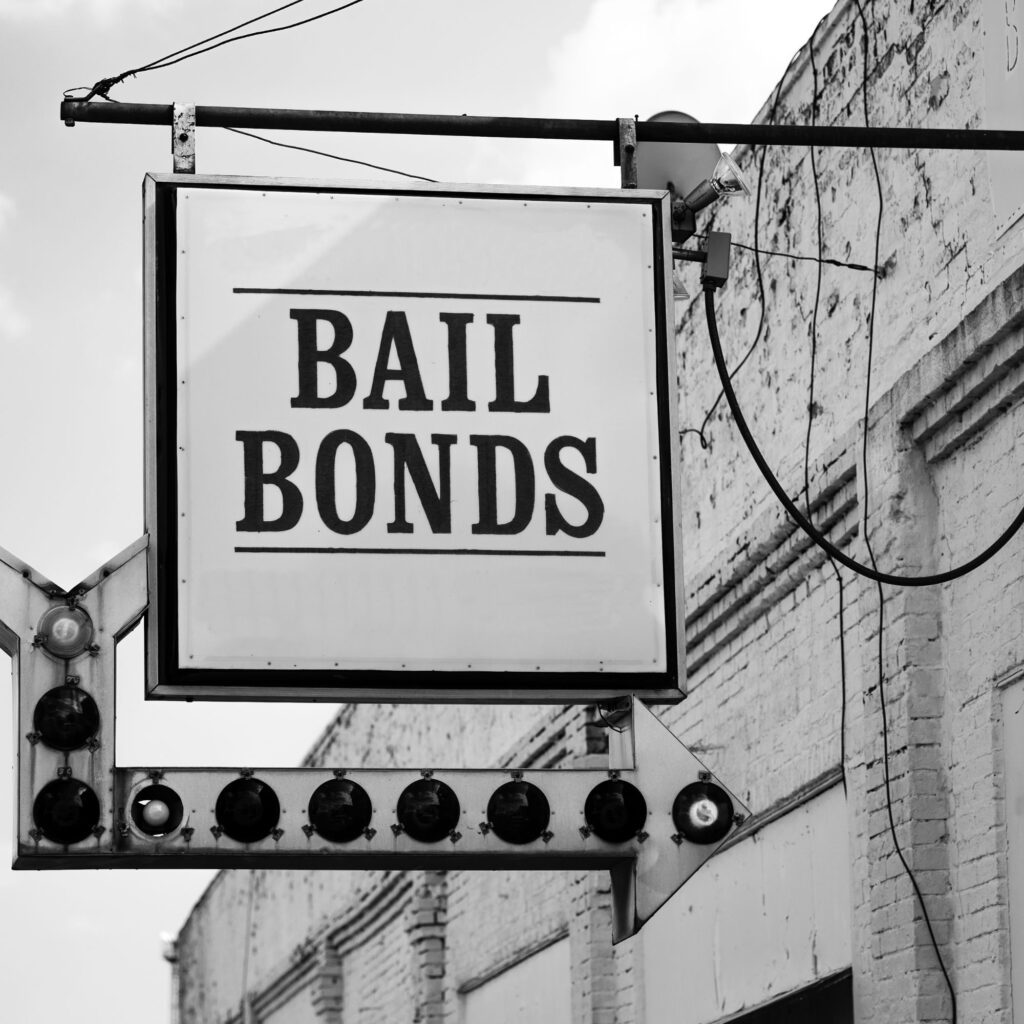
It’s Crucial to Understand Cost of Bond
When you or a loved one faces felony charges in Indianapolis, IN, navigating the legal system can be overwhelming. One of the first things you’ll encounter is the need to understand bail bonds. This blog post will answer some of the most common questions about felony charge bail bonds in Indiana, helping you make informed decisions during a challenging time.
How Much is a Bond for a Felony?
The cost of a bond for a felony in Indianapolis, IN varies depending on several factors, including the severity of the charge, the defendant’s criminal history, and the judge’s discretion. Typically, felony bonds are higher than misdemeanor bonds due to the more serious nature of the crimes involved.
In Indiana, bail amounts for felonies can range from $1,000 to $100,000 or more. For instance, a Class D felony, which is the least severe, might have a bail set at $1,000 to $5,000. In contrast, a Class A felony, which includes the most serious offenses such as murder, could have a bail amount set at $50,000 to $100,000 or even higher. It’s important to note that these amounts are subject to change based on the specifics of each case and the presiding judge’s decision.
What is the Difference Between Bail and Bond?
Understanding the distinction between bail and bond is crucial. While they are often used interchangeably, they represent different concepts within the judicial system.
Bail is the amount of money a defendant must pay to be released from jail while awaiting trial. It acts as a financial guarantee that the defendant will appear for all court proceedings. If the defendant attends all required hearings, the bail money is typically refunded, minus any administrative fees.
Bond, on the other hand, is a financial arrangement made through a bail bondsman or bail bond company. If a defendant cannot afford to pay the full bail amount, they can use a bail bond service to post bail on their behalf. The defendant (or their family) pays a non-refundable fee to the bail bondsman, usually around 10% of the total bail amount. The bail bondsman then provides the court with a bond, effectively guaranteeing the defendant’s appearance in court. If the defendant fails to appear, the bail bond company is responsible for paying the full bail amount to the court.
Can I Bond Myself Out of Jail in Indiana?
Yes, you can bond yourself out of jail in Indiana, provided you have the financial means to do so. This process involves paying the full bail amount set by the court. Once the bail is paid, you will be released from custody with the condition that you must attend all future court appearances.
If you cannot afford to pay the full bail amount, you can seek the assistance of a bail bond company. By paying a portion of the bail (typically 10%), the bail bondsman will post the bond on your behalf, allowing for your release from jail. It’s important to remember that the fee paid to the bail bond company is non-refundable, even if you comply with all court requirements.
Can You Be Held Without Bond in Indiana?
In certain circumstances, a defendant can be held without bond in Indiana. This situation typically arises when the judge determines that the defendant poses a significant risk to public safety or is a flight risk. Factors that might lead to a no-bond decision include:
- Severity of the Crime: Defendants charged with particularly violent or serious crimes, such as murder or armed robbery, are more likely to be held without bond.
- Repeat Offenders: If the defendant has a history of failing to appear in court or has a significant criminal record, the judge may decide to hold them without bond.
- Risk to the Community: If releasing the defendant poses a threat to the safety of the community or specific individuals, the judge may order them to be held without bond.
- Flight Risk: If there is substantial evidence suggesting that the defendant is likely to flee and avoid prosecution, the judge might deny bond.
It’s essential to understand that being held without bond is not a common occurrence and is usually reserved for the most serious cases. In most situations, defendants are granted bail or bond options to secure their release.
Conclusion
Navigating the bail bond process can be daunting, especially when dealing with felony charges. Understanding how much a felony charge bail bond costs, the difference between bail and bond, the possibility of bonding yourself out, and the conditions under which you might be held without bond can help you make more informed decisions.
If you or a loved one is facing felony charges in Indianapolis, IN, seeking the assistance of a reputable bail bond company can provide the support and guidance needed during this challenging time.
Contact Us Today
For professional assistance with felony charge bail bonds in Indianapolis, IN, contact Indiana Bail Bonds. Our experienced team is available 24/7 to answer your questions and help you navigate the bail bond process. Don’t face this difficult time alone—reach out to us now at 317-423-9300 and let us help you secure your release and peace of mind.















